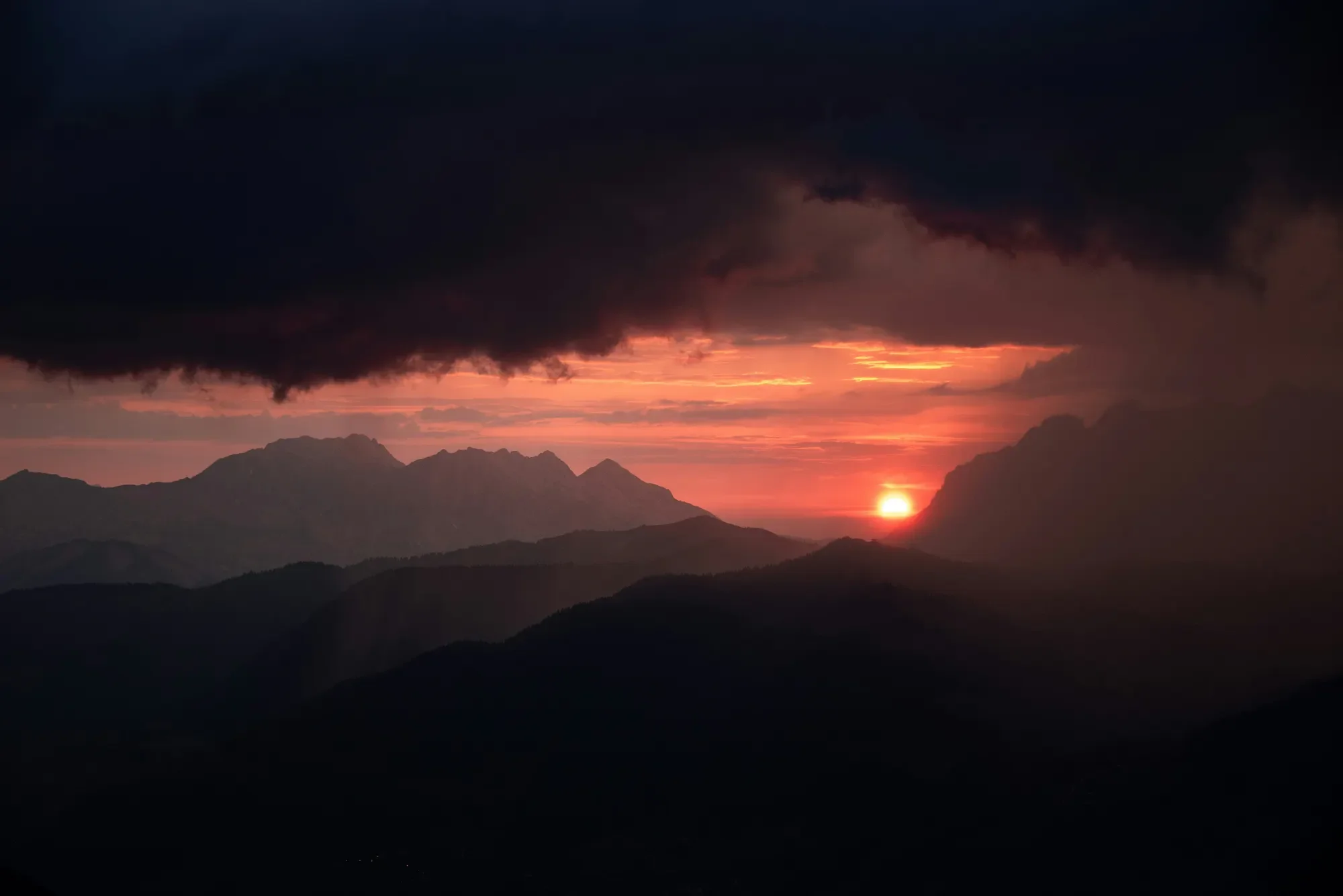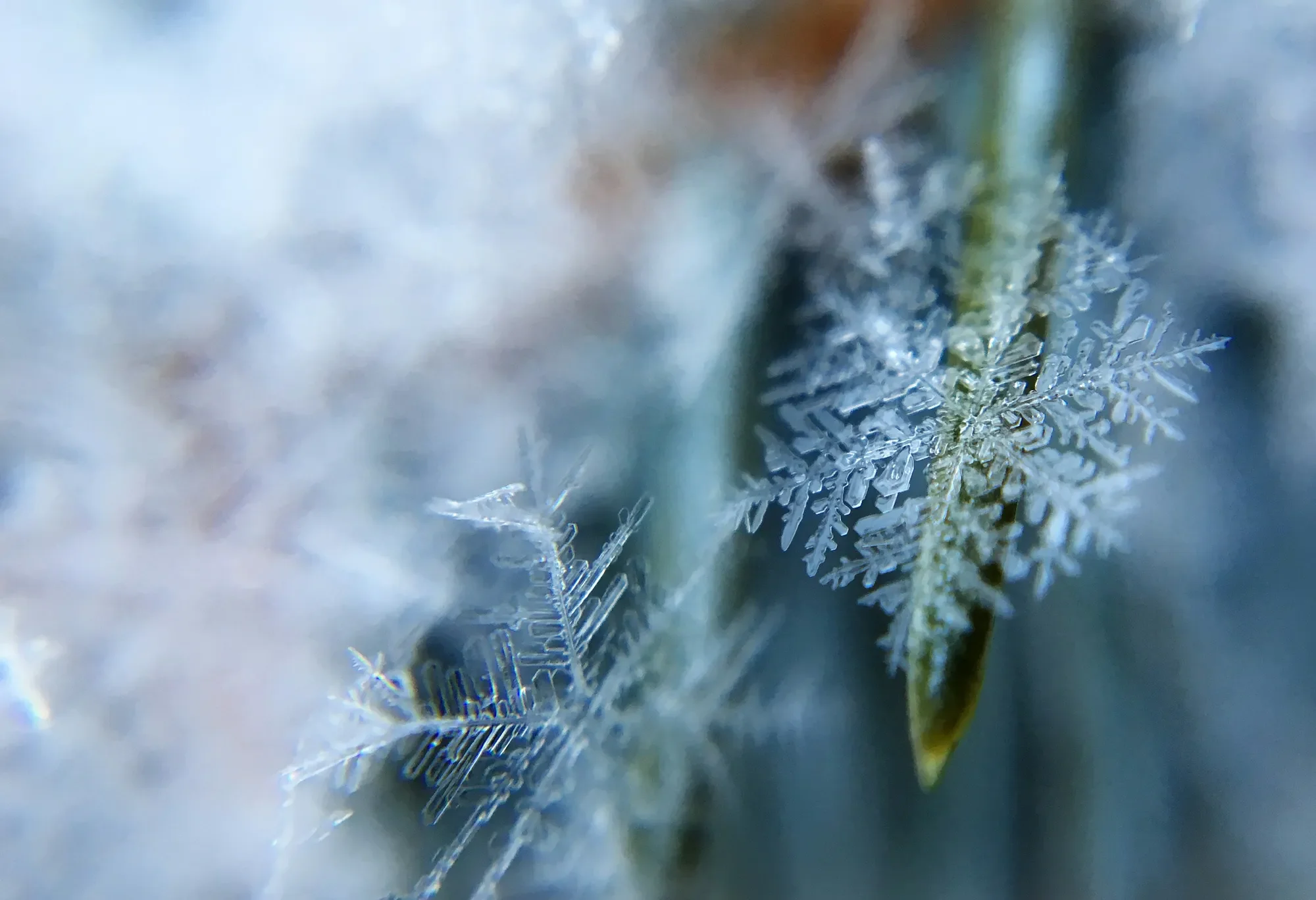Embrace the Infinite Mystery of Life
The music is not in the notes, but in the silence between
Picture by Marsumilae on Unsplash.
If the doors of perception were cleansed,
everything would appear to man as it is, infinite.
-William Blake
The moment one gives close attention to anything, even a blade of grass, it becomes a mysterious, awesome, indescribably magnificent world in itself.
-Henry Miller
Awe and wonder are not about what we perceive, but how we perceive it.
We see the infinite beauty and complexity of things, we see the vastness of life in a grain of sand or find the funniest little detail in the strangest of clouds.
When we are in awe we are ultimately open to what we perceive. Observer and observed move closer together. There is no separation, there is no conceptualization, we are fully there with it, present and in an intimate relationship to everything around us.
Awe and wonder are some of the most amazing states of mind we can cultivate during the day by reminding us what a mystery this life truly is and how little we really now about it.
Let’s face it: We don’t actually know much about anything in-depth.
Let me explain.
Most great scientists and geniuses pointed to the fact that reality is much stranger and more complex than we think. Often, the most knowledgeable people are the most humble, because although they may be aware of how much they know, they are also well aware of how much they don’t know.
This relates to the information paradox: The more you know, the more fields of knowledge (topics, theories, cultures, branches of science or philosophy, etc.) you discover about which you have no clue at all.
Stephan Schillinger wrote in a recent book:
It’s a simple mathematical formula: spirituality, humility and doubt increase in proportion to scientific genius. […]
I grant science only what we should grant it, the awareness that all truth is a matter of time.
There are two great truths in this quote.
(1) Science is a work progress
Science is always a work in progress because its professed goal is to constantly disprove itself.
It is therefore constantly questioning its assumptions and foundations and over time it will come to overthrow these if its method is applied correctly. As hard as it may be to accept, it follows that all scientific truths are only relative to the time we live in.
The greteast discoveries came from theories that falsified the established paradigms. Copernicus disproved the accepted worldview of his time, so did Einstein, Lavoisier (discovery of oxygen), Wegner (discovery of continental drift), and many others throughout history. This process hasn’t ended so we will keep revolutionizing our paradigms and revising our knowledge.
(2) Life and nature remain inherently mysterious
Life is inherently mysterious and the idea to fully explain and understand it is quite preposterous. This often becomes apparent the closer one studies anything with sufficient depth.
Most people think that “the experts” or “scientist” really know what they are doing and have it figured out.
However, most great scientists will tell you about the countless unresolved questions or about the conundrums that keep them up at night.
Everyone who is seriously interested in the pursuit of science becomes convinced that a spirit is manifest in the laws of the universe — a spirit vastly superior to man, and in the face of which our modest powers must seem humble.
-Albert Einstein
Physics assumes that the universe is made out of 27% dark matter and 68% dark energy, amounting to 95%. It’s a fancy way of saying that they don’t know what’s going on.
Thanks to Gödel we come to understand that no mathematical system will ever be complete in itself. Thanks to Heisenberg we know that the bedrock of nature is inherently uncertain when we attempt to measure it.
While it cannot be denied that modern science would have appeared like magic to anyone living even just a hundred years ago, we still haven’t answered the biggest questions.
What is consciousness? What is matter? And how do they relate? Why is there anything at all? Is there free will? How was life created? Are there other sentient lifeforms in the universe? Where are we going after death? How did the universe begin?
Most answers we have on these issues are but explanations posing more questions.
The Relativity of Knowledge
Consider for a moment the fact that truth and knowledge are only relative in time.
2500 years ago many Greeks thought they understood the world pretty well, while 500 years ago during the Renaissance or 200 years after the scientific revolution many people thought the same. And 100 years ago they were damn sure they had it nailed down this time.
Since the advent of modern science, many have claimed we’ve really made it and they keep repeating it over and over. We solved all the mysteries and there are only a few decimal points to add, as Lord Kelvin famously put it around 1900:
“There is nothing new to be discovered in physics now. All that remains is more and more precise measurement.”
This didn’t age too well, did it?
It is an eternal fallacy and one that can be easily avoided with the right amount of humility towards nature and the universe.
Infinite Complexity
We are a very young species and as every 6-year-old we think we are very smug and smart.
In our modern world, we pretend to sit in a fully lit room while ignoring what we think of as walls are just the limits of the circle of light from the lamp above our heads.
We think only what we see is all there is and ignore the mystery beyond. Reality is not just there to be understood, but admired as it is.
In other words, we pretend not to see all that we don’t understand, the vastness of the unexplored cosmos, the vastness of the inner space of our psyche, and the infinite wonder inherent in nature and everything.
Life itself is a tremendous mystery, so is nature, so is art, love, creativity, feeling, birth, death and any small or big thing that we observe closely enough, be it a tree, a leaf, or a person.
When we just look closely enough we find that there are infinite layers of complexity interlaced in such a way that we will never be able to fully understand even a grain of sand in its entirety.
That’s not a romantic way of mystifying the world but it’s a very real consequence of the fractal structure that underlies reality. We can reach smaller and smaller dimensions and we will still find unimaginable complexity there.
Why Does That Matter? Awe and Wonder
When we realize that we don’t truly see the world as it is because our society as well as our minds are constantly creating models of what we think there is, we may stop conceptualizing.
The suchness of things can only reveal itself to the empty mind. When we stop seeing everything as we think it to be we come closer to simply perceiving.
Mystery induces wonder and wonder connects us to the world around us. It brings us into a more intimate relation to Life.
When we wonder we open our eyes to the infinite mystery all around us, the incredible complex beauty that lies in even the smallest things.
Children are full of wonder and awe and we can get into this state too when we enable our preconceptions to slip away and start seeing the things as they are.
Here are two songs featuring Alan Watts to help you do this: 1 & 2.
Especially listen to the first one!
When we experience awe or wonder, we are in connection with the ineffable, with the infinite vastness and complexity of life itself. Erik Davis called it the Mystery Without an Edge, that which is always present but impossible to grasp. It relates to what Rudolf Otto called the mysterium tremendum, the sacred beyond the mundane, we get to taste in these brief moments in which our soul is being touched by the eternal or something larger than ourselves.
Don’t think about it, just be with it.
After all, life, birth, death, love, art, creativity, infinity, nothingness, and being as such remain true mysteries.
It’s there all the time yet we forget about it most times.
Take a breath, slow down, be with what surrounds you, apreciate it.
You’re part of that mystery.
The music is not in the notes, but in the silence between.
-Wolfgang Amadeus Mozart
“The answer is never the answer,” Ken Kesey once said. “What’s really interesting is the mystery.
If you seek the mystery instead of the answer, you’ll always be seeking. I’ve never seen anybody find the answer, but they think they have. But the job is to seek mystery, evoke mystery, plant a garden in which strange plants grow and mysteries bloom.
The need for mystery is greater than the need for an answer.”
Thank you for reading! I hope this brought a sprinkle of suchness to your day.
To see a world in a grain of sand
And a heaven in a wild flower,
Hold infinity in the palm of your hand
And eternity in an hour.
-William Blake





